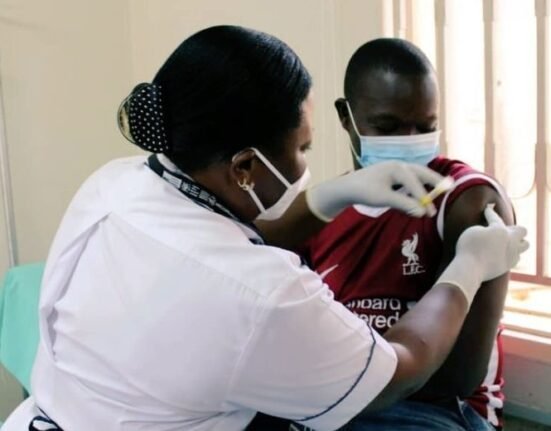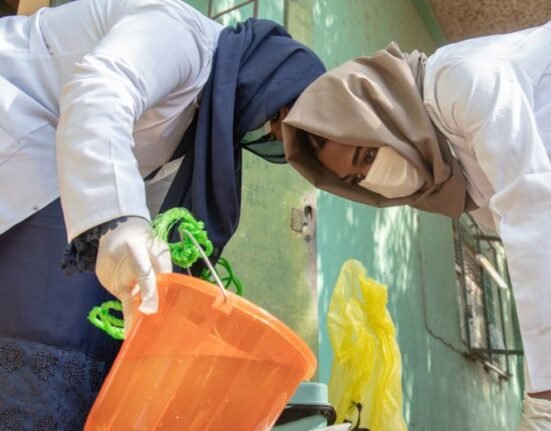HQ Team
November 8, 2023: More than 3,700 babies in the US were born with syphilis in 2022 — ten times the number in 2012 — and people from racial and ethnic minorities bore the brunt of the epidemic eight times more than White mothers.
Nine in ten cases could have been prevented with testing, and treatment during pregnancy according to new data from the Centers for Disease Control and Prevention (CDC), the nation’s public health agency.
The increase in newborn syphilis follows rising syphilis cases among women of reproductive age combined with social and economic factors.
The social and economic factors created barriers to high-quality prenatal care and ongoing declines in the prevention infrastructure and resources, the CDC, the federal agency under the Department of Health and Human Services, stated.
Lack of insurance
Individual-level barriers may include lack of insurance and substance use disorder, while system-level barriers may include systemic racism and limited healthcare access.
People from racial and ethnic minority groups are experiencing the brunt of the newborn syphilis epidemic.
While newborn syphilis cases are increasing overall, babies born to Black, Hispanic, or American Indian/Alaska Native mothers were up to eight times more likely to have newborn syphilis in 2021 than babies born to White mothers.
Such disparities stem from decades of deeply entrenched social determinants of health that create greater obstacles to quality healthcare services and result in health inequities such as higher rates of syphilis in some communities.
More than half of the new cases were among people who tested positive for syphilis during pregnancy but did not receive adequate or timely treatment. About 40% were among mothers who were not in prenatal care.
Miscarriage, death
Congenital syphilis is a disease that occurs when a mother with syphilis passes the infection on to her baby during pregnancy. It can cause miscarriage (losing the baby during pregnancy), stillbirth (a baby born dead), prematurity (a baby born early), and death shortly after birth.
Babies born with syphilis may develop deformed bones, severe anaemia (low blood count), enlarged liver and spleen, jaundice (yellowing of the skin or eyes), brain and nerve problems, like blindness or deafness, and meningitis.
According to previous CDC data in 2021, more than 70% of the US population lived in counties considered to have high rates of syphilis among reproductive-age women.
“The congenital syphilis crisis in the United States has skyrocketed at a heartbreaking rate,” said CDC Chief Medical Officer Debra Houry, MD, MPH.
“New actions are needed to prevent more family tragedies. We’re calling on healthcare providers, public health systems, and communities to take additional steps to connect mothers and babies with the care they need.”
Tailored strategies
Missed opportunities to prevent newborn syphilis during pregnancy are due to a combination of individual and system-level barriers to timely syphilis testing and treatment, according to the CDC.
Community health workers, including local patient navigators, case managers, and disease intervention specialists, are critical components in developing tailored strategies to reduce newborn syphilis in every community. They play one of the most powerful roles in addressing racial and ethnic disparities in congenital syphilis.
“The congenital syphilis epidemic is an unacceptable American crisis. All pregnant mothers—regardless of who they are or where they live—deserve access to care that protects them and their babies from preventable disease,” said Jonathan Mermin, MD, MPH, director of CDC’s National Center for HIV, Viral Hepatitis, STD, and TB Prevention.
“Our nation should be proactive and think beyond the OB/GYN’s office and bridge prevention gaps. Every encounter a healthcare provider has with a patient during pregnancy is an opportunity to prevent congenital syphilis.”
To tackle the syphilis crisis in the US, the Department of Health and Human Services has established a National Syphilis and Congenital Syphilis Federal Taskforce to spearhead a public health response.








